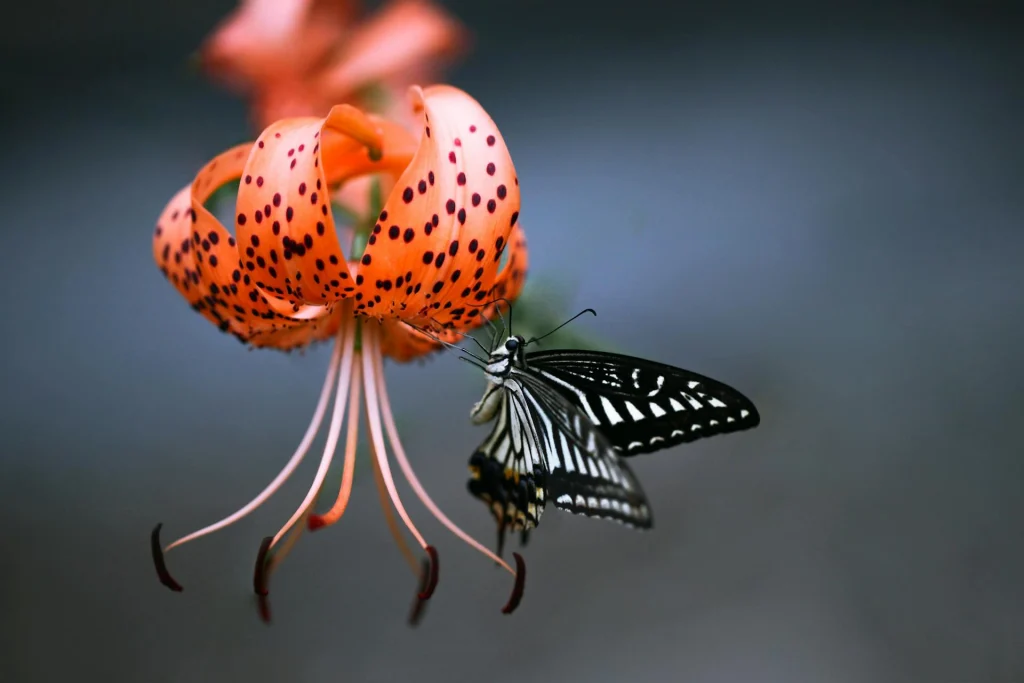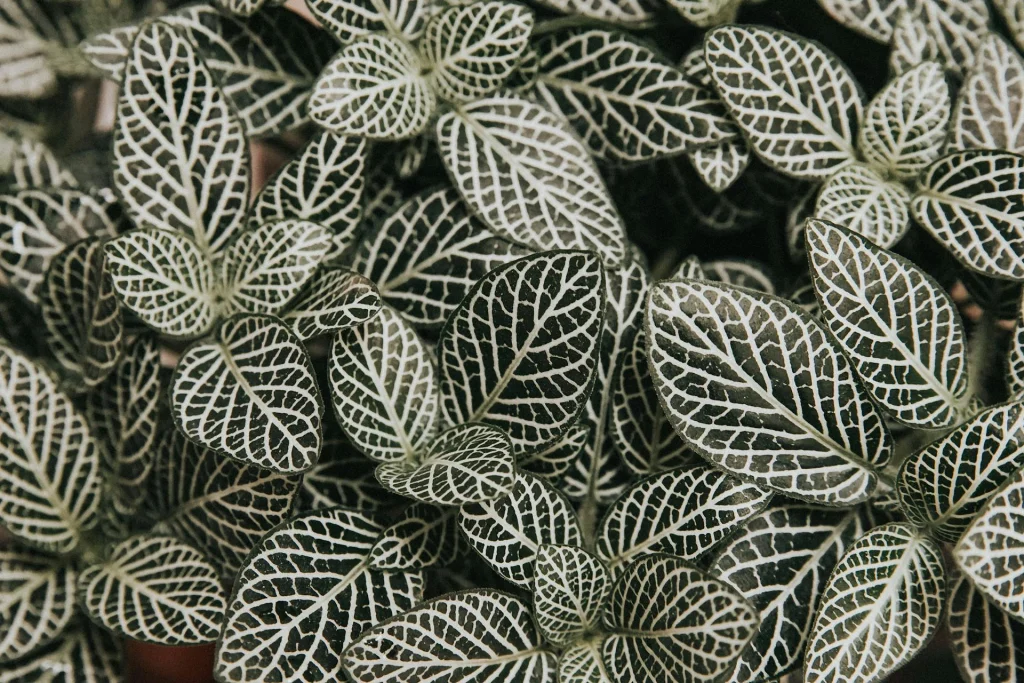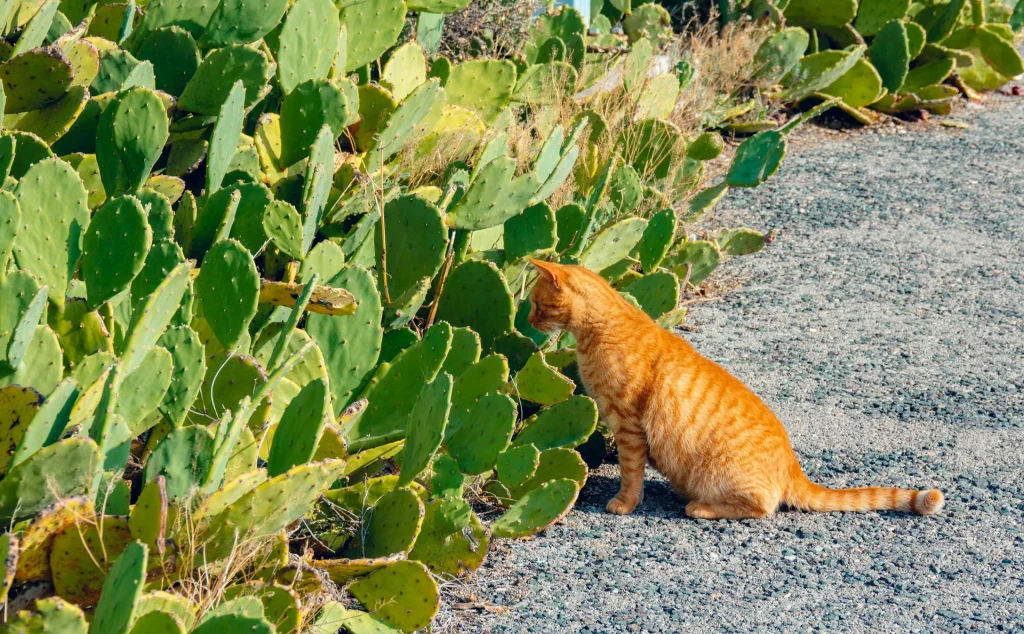Fittonia argyroneura or the “nerve plant” is a popular choice for indoor gardening and terrariums. But is a fittonia safe for cats? Good that you’re here. Let’s have a look.
Those of us who have a hobby of growing plants and cats at the same time, can’t be more careful when it comes to the 2 interacting. It’s better to have caution with obtaining a new plant if you have pets. You never know how they might react.
Fittonia argyroneura is a cultivar of the Fittonia albivenis group from the Acanthaceae family. It is native to the rainforests of Colombia, Peru, Bolivia, Ecuador and northern Brazil. Fittonia is an evergreen plant with white or pink accents that make the “veins” of the leaves. That’s why it is called the nerve plant. Due to its tropical origins, it thrives in a warm, humid environment, and is usually kept as an indoor houseplant. In this article we will answer whether fittonia is safe for cats or not.
What makes a plant toxic for cats?
A plant that contains any chemical substances that if ingested or inhaled, cause serious physical reactions, such as vomiting, sneezing, respiratory issues, seizures. That kind of plant can be fatal for cats.
Here is a very condensed list of some chemical compounds and the example plants containing them that should be avoided, as it can cause serious harm to cats or even be fatal:
- Alkaloids: lilies, mistletoe.
- Glycosides: lily of the valley, foxglove
- Calcium Oxalates: philodendron, peace lilies
- Essential Oils: peppermint, eucalyptus, tea tree
- Oxalates: rhubarb leaves
- Cyanogenic Compounds: fruit pits like cherries, hydrangea, elderberry
- Toxalbumins (Lectins): Castor bean (oil) plant, rosary pea
Cats are curious creatures that can sniff, nibble and rub against anything that catches their eye. That is why they are quite vulnerable to toxic plants. Please keep your furry friends away from the plants mentioned in the list. Don’t let them consume those plants or fruits. But what about the Fittonia plant, is it safe for cats?

What is the most toxic plant to cats?
- Lilies
Most of the members of the lily family are deadly poisonous to cats, including Tiger lily, Easter Lily, Tiger Lily, Lily of the valley, and others. The chemical compounds in the lily plants contain alkaloids. If contacted or ingested by a cat, it can cause a series of symptoms such as gastrointestinal issues, vomiting, seizures, diarrhea. It can lead up to kidney failure. Lilies are beautiful but deadly to cats, so don’t keep them around your house. Just to be safe.
Is a Fittonia safe for cats?
Luckily, Fittonia Argyroneura is not a toxic plant for cats. According to ASPCA (American Society for the Prevention of Cruelty to Animals), Fittonia is listed as non-toxic for cats, dogs and horses. This means that if a cat comes in contact with the plant either by chewing, sniffing, rubbing against it, it is not likely to cause any harm. Your cat should be safe. The fittonia plant is a very uncommon plant for a cat to encounter naturally, so your cat shouldn’t be attracted to it to consume any abnormal amount.
Is a pink Fittonia safe to cats?
A fittonia is safe for cats. The color variant of the fittonia plant does not matter. None of the fittonia plants should be toxic to cats. However monitor your cat’s reaction if it did ingest any amount of the plant. Fittonia is not a cat’s primary food source so it is best to show caution if the cat does ingest it. Monitor your cat’s reaction and consult with a veteranian if you see any negative symptoms.

Is Fittonia Argyroneura toxic to humans?
Fortunately for us, the Fittonia plant leaves are not poisonous to humans or to animals. This means we can safely handle this plant and include it in our indoor gardens without worrying much if our cats take a bite of that plant.
Do cats know to avoid toxic plants?
Cats are smart sometimes. They have a keen sense of smell. Generally they can avoid plants that might be toxic for them. But sometimes they might get a little too curious about a potentially toxic plant. If your cat has accidentally consumed a toxic plant, remove that plant away from your cat or move your cat away. Then call the veterinarian to for advice. Watch your cat’s symptoms, if something is not normal it is best to get your cat to the vet clinic to receive all the necessary care.
Do you want to know if other plants are safe for cats? Check out our article on Top 20 Cat-Safe Plants and also Cat Wellness: Is Peppermint oil safe for cats?


